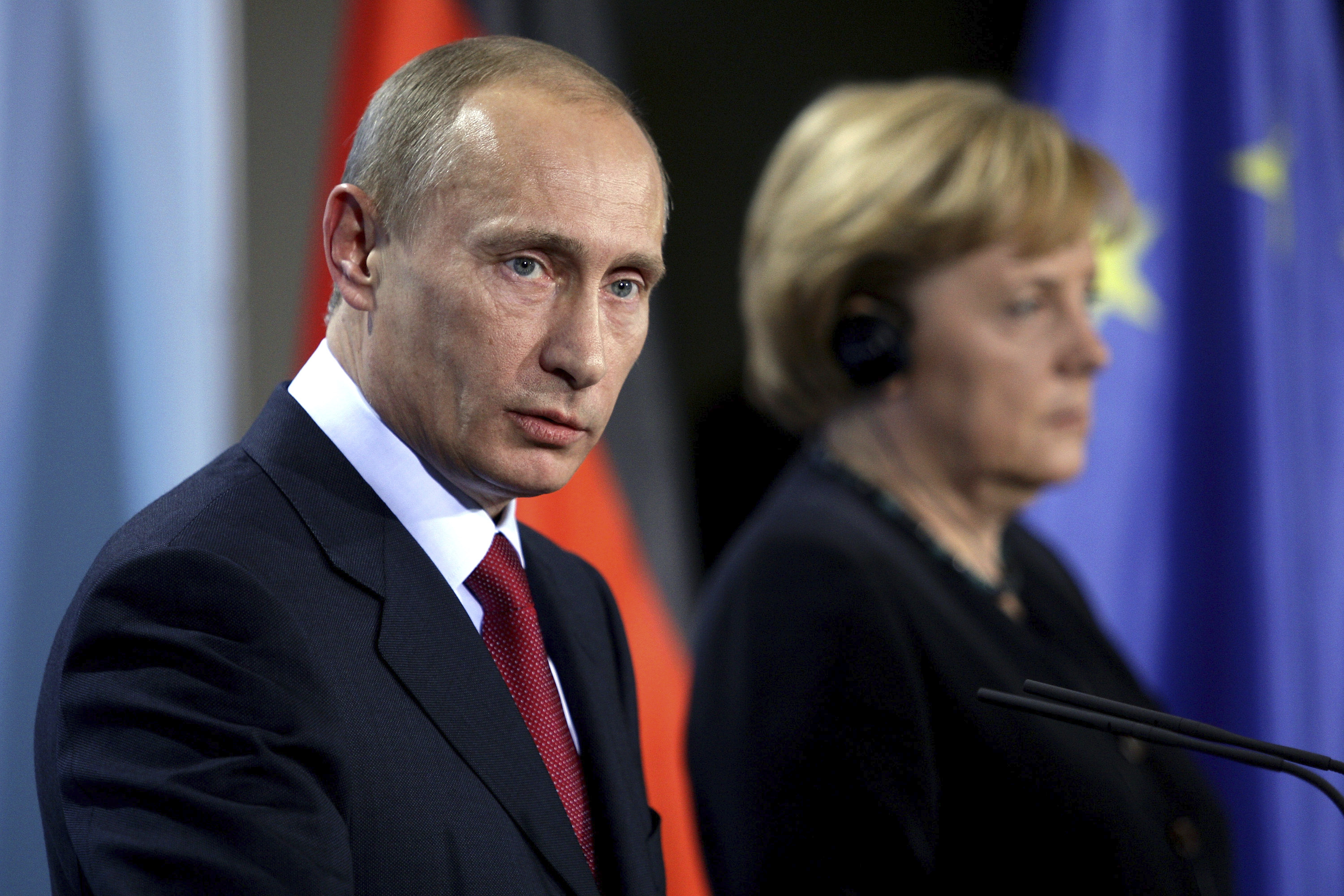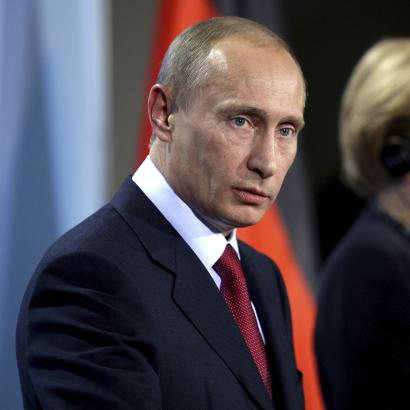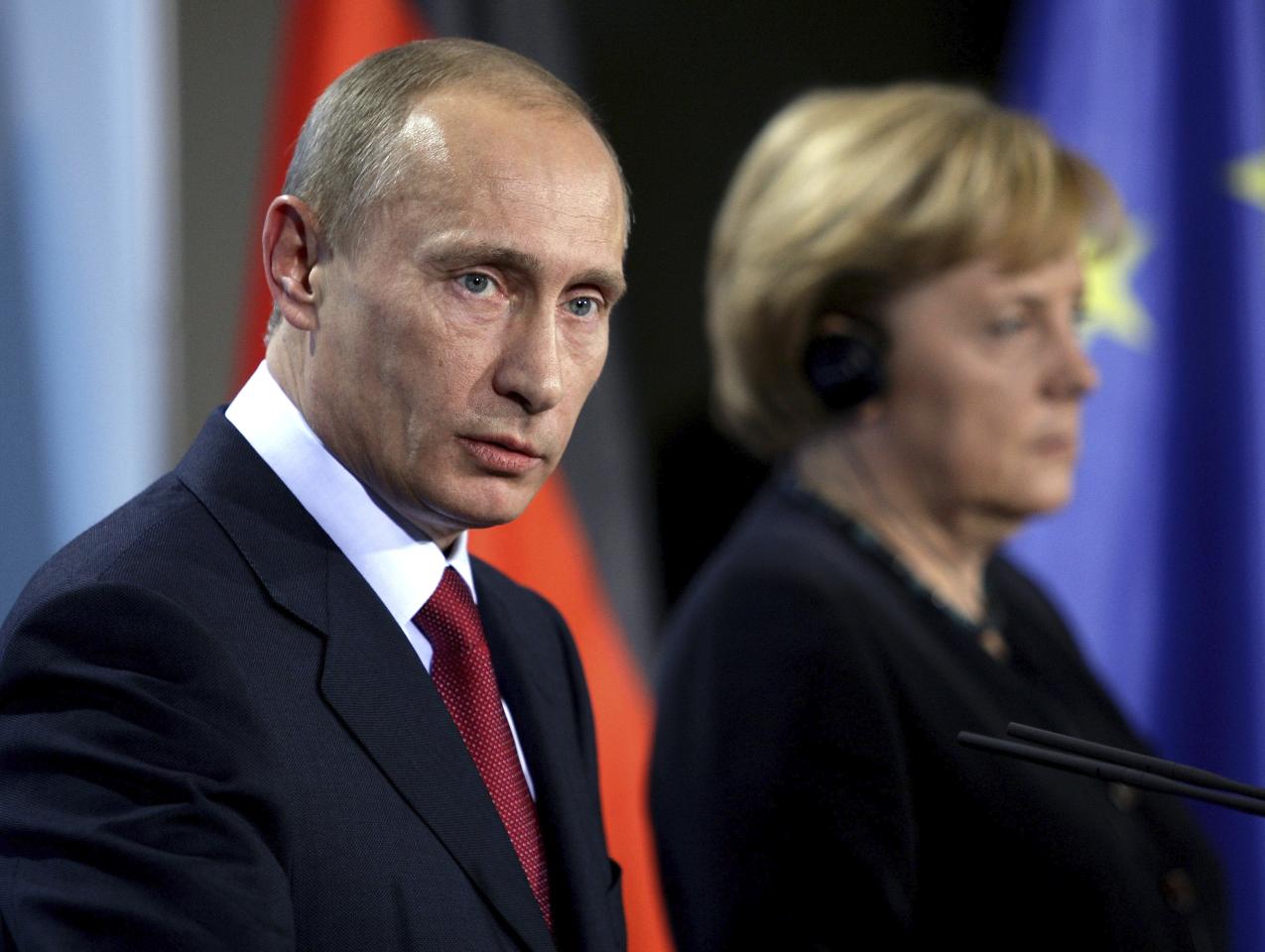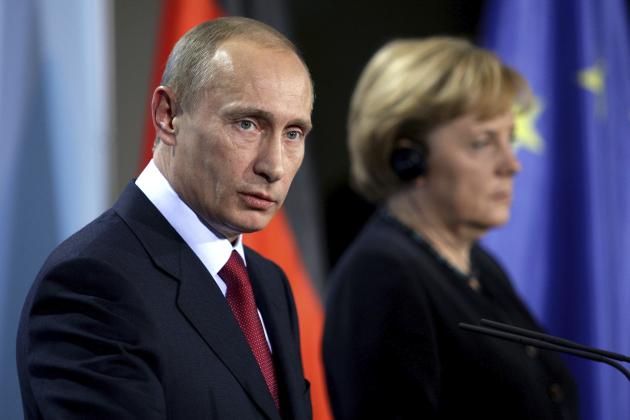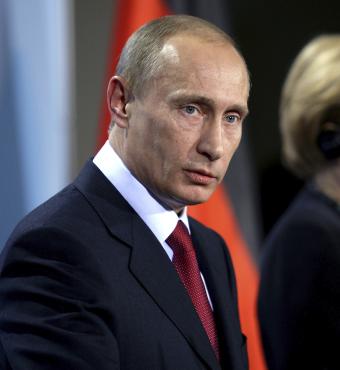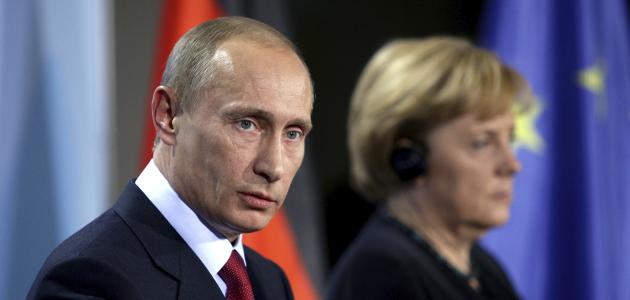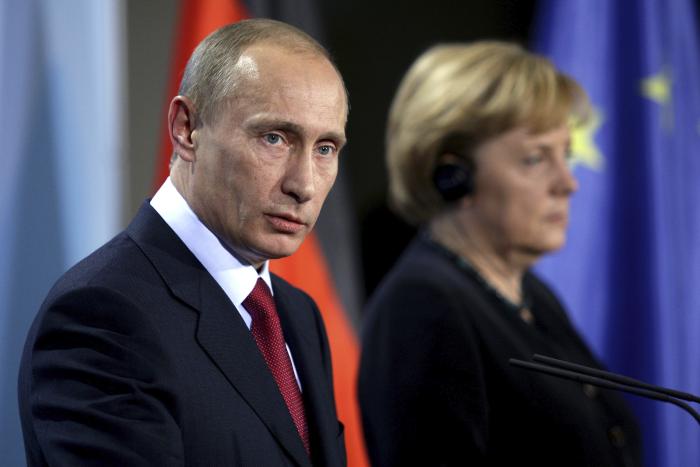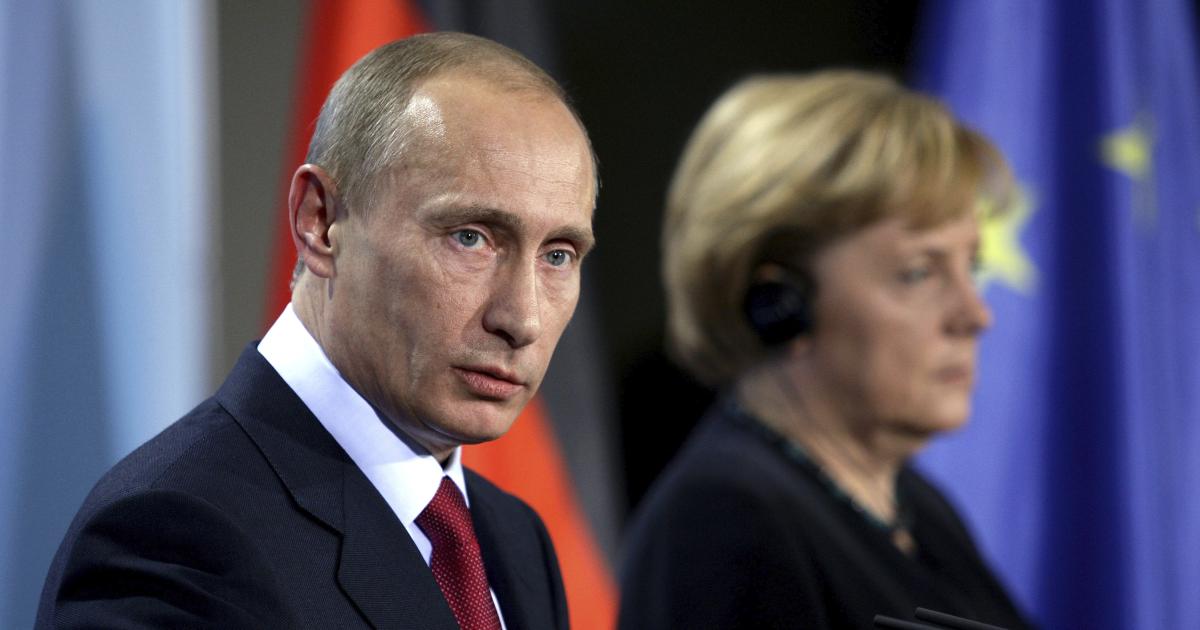- History
- Revitalizing History
There is no more iron commandment in politics and international relations than the Law of Unintended Consequences. Vladimir Putin intended his invasion of Ukraine to strike a proxy blow at NATO, exposing its rifts and leaving it crushed and humiliated after his blitzkrieg on Kyiv. Instead, the Alliance is at its strongest, most focussed, and soon will be at its most territorially extensive.
As recently as November 2019, President Emmanuel Macron declared NATO “brain dead,” Germany was putting such anaemic amounts of money into her defense that her reservists were training with broom-handles instead of rifles, and Sweden and Finland pursued separate defence policies outside NATO with no active plans to join.
The West’s humiliation during its scuttle from Afghanistan in late August 2021 was of course primarily the fault of the Biden administration, but the other nations of the coalition were humiliated in America’s wake and felt it. Small wonder that the Vladimir Putin and Xi Jinping thought it an opportune moment further to test NATO with the invasion of a European country, albeit the latter did stipulate that it was not to happen until after the Winter Olympics in Beijing.
It is extraordinary how often in history dictators have assumed weakness and appeasement will be the automatic response on the part of democratic Western countries. There is something endemic in dictatorships that, because they entirely forbid them in their own societies, energetic debate and dissension in democracies are regularly mistaken for internal weakness and even stasis. The idea that street demonstrations, verbally violent TV and press altercations, angry parliamentary exchanges, and so on, might actually be positive signs of a healthy democracy and a strong country does not occur to foreign dictators like Putin and Xi. They therefore make entirely incorrect deductions.
History is littered with examples of dictators underestimating the West’s resolve, from Stalin blockading Berlin in 1948 and giving Kim Il-Sung the green light to invade South Korea two years later, to Khrushchev believing he could take advantage of a young president to install nuclear weapons in Cuba in 1962, to Saddam Hussein assuming he could keep Kuwait in 1990 and ignore fourteen UN Resolutions in 2003. Putin and Xi made exactly the same false assumption over the West’s response to the Russian invasion of Ukraine last year. (And Xi might well yet again, should China ever invade Taiwan, with more devastating consequences even than we have seen in Ukraine.)
Had NATO failed the test in Ukraine and failed to supply President Zelensky with the intelligence and materiel he needed, it would have devastated the alliance. Instead, NATO has been revealed as a living, vigorous, righteous entity fighting—necessarily vicariously due to the restrictions imposed by MAD—for the right of Ukrainian independence and integrity, and the wider cause of national self-determination. Finland and Sweden are finally doing what they should have decades ago, and defence budgets are soaring across the alliance.
Far from being “brain-dead,” therefore, NATO is carefully and so far remarkably successfully acting as the arsenal of democracy, punishing Putin’s hubris with supplies of ever more lethal weaponry to Kyiv. It is rare in history for voluntary international organizations to become utterly indispensable, but that is the case with NATO today, and it is all down to Vladimir Putin ignoring the Iron Law of Unintended Consequences.







